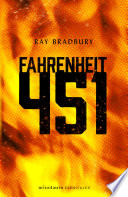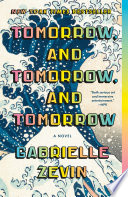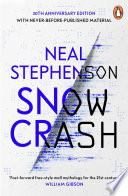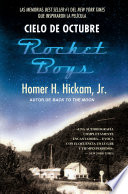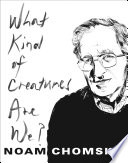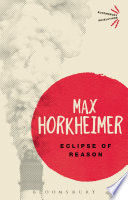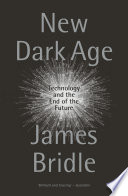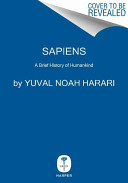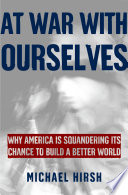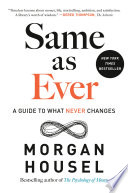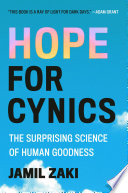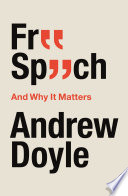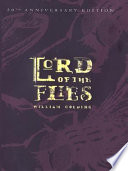Ray Bradbury
Ray Bradbury was an American author and screenwriter, best known for his contributions to the genres of science fiction and fantasy. Born in Waukegan, Illinois, he developed a passion for storytelling at a young age, influenced by his love for literature and film. Bradbury's most famous work, "Fahrenheit 451," explores themes of censorship, the power of literature, and the dangers of a conformist society. This dystopian novel has become a classic, often studied in educational settings for its profound commentary on the human condition.
In addition to "Fahrenheit 451," Bradbury wrote numerous short stories, novels, and plays, with notable works including "The Martian Chronicles" and "Something Wicked This Way Comes." His writing is characterized by its lyrical prose, imaginative settings, and deep exploration of human emotions and societal issues. Bradbury's ability to blend the fantastical with the real has earned him a lasting place in American literature.
Throughout his career, Bradbury received various accolades, including the National Medal of Arts and a Pulitzer Prize Special Citation. He was also a prominent advocate for the importance of reading and the arts, often speaking about the role of creativity in society. Bradbury's influence extends beyond literature, as his works have inspired adaptations in film, television, and theater, solidifying his legacy as one of the most significant writers of the 20th century. He passed away in 2012, leaving behind a rich body of work that continues to resonate with readers around the world.
